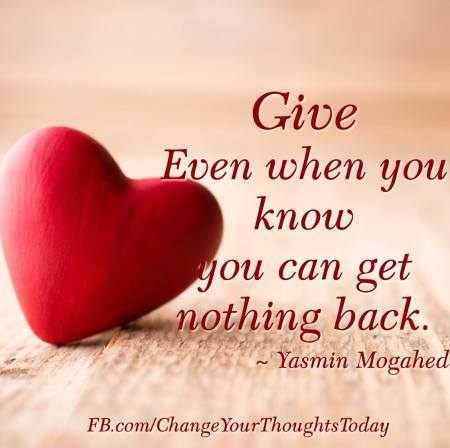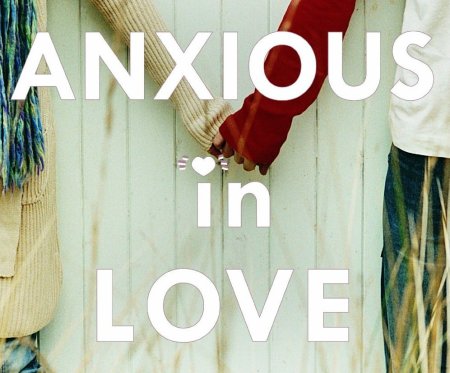Tips from Esther Perel on getting in the mood…

Rituals to Transition from Work to Play
This article is originally posted here on Esther Perel.
“I work long hours and at the end of the day I don’t feel like having sex. Any tips on how to shake off the stress to get myself in the mood?” — Claire, 41
When people used to work at the factory or on the farm, they came home from work. The separation between home life and work life was clear. But for so many of us today, the lines are blurred. It’s not uncommon for Claire to receive an email at 10:30 at night, and be expected to reply within 30 minutes.
We live in a goal-oriented society, where capitalism and productivity are top priority. Yet, play is an important part of life, and one that adults often neglect. Just as you nurture your career, you also need to nurture the erotic in your relationship. We can only play when we are finished working, and most of us today never feel like the work has ended. You can’t be sexual if you’re still in busy worker-bee mode.
Even people who look forward to being sexual with their partner must go through a transition from responsibility to pleasure. This is a difficult transition for many of us. There are two internal transitions that must occur before you can think about entering an erotic space:Professional → Partner then Partner → Lover.
Eroticism at home requires active engagement and willful intent; It doesn’t just happen. It requires that you create your own demarcation between pragmatism and pleasure and that you cultivate a space where a sense of intrigue and curiosity can emerge.
1. Build anticipation throughout the day
Committed sex is premeditated. Anticipation and imagination are the precursors and can be as enchanting as the act itself. For example, imagine you have tickets to go hear a favorite band. Throughout the day, you’ll be savoring the thought of the songs they may play, what you’ll wear, the memories that you will share, of other times you saw this band, etc. Unconsciously, you’re setting expectations and building anticipation for a wonderful night, and you feel energized and alive. It is the same sexually speaking.
- Let your partner know that tonight, you want to create a digital free zone in the home and all devices are cut off at 9:30pm.
- Send a suggestive text or email to your partner.
- Buy wine, lube or flowers on your lunch break: whatever invites love-making in your unique dynamic.
2. Create and maintain a relaxing ritual at the end of the day
No matter whether you commute, or work from home, you must mark the end of your work day by entering a soothing ritual of your choice. It can be an indulgent, playful, or a guilty pleasure. Shift your context by sending a message to your brain: it’s time to start relaxing. If you spend most of your day sitting down, try incorporating any movement into your ritual. If you’re on your feet, try reading or listening to music. Go for a walk. Take a shower. Read a magazine. Whatever works for you.
3. Connect with your partner when you get home
Are you the person who comes into the house and looks at the mail first, or checks the pets, or the plants, or the windows? If so, remember this: People first. It’s important to give your relationship your focused attention. Make it a habit to kiss your partner when you get home. It doesn’t need to be blatantly sexual. It’s the focused attention that invites the erotic. Even a loving gaze sets the right tone.
4. Change the mood and ambiance
Create the space in which you transition from your roles as parents/business partners/friends, into your roles as lovers. Shift from focusing on your responsibility for others to self care. Again, no pressure, even if there is no sex, you’ll enjoy being physical and sensual together. Here are some simple ideas to set the stage:
- Put on your pre-set love making tracks
- Take a short walk
- Open a bottle of wine
- Draw a bath
- Light candles
- Read out loud to each other (not about the election)These are not immediate turn ons, but they help you switch mindset, mood, and sensibility. The point is to create an erotic space where pleasure exists for its own sake, where “pleasure is the measure” and where sex can take place without pressure. By successfully managing the transition from work to home, you can create space to enter a playful erotic zone.
Dare ya!
What is the cue, code or ritual that you and your partner share between the two of you that helps you switch from your productive self to your erotic self? Whatever is your special turn on, try it this week and make something happen! Hey Spring is here so why not get started with some sexy time!
Yours truly, T











